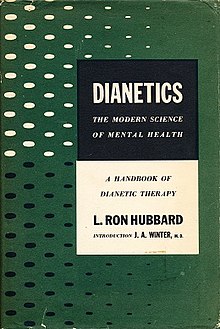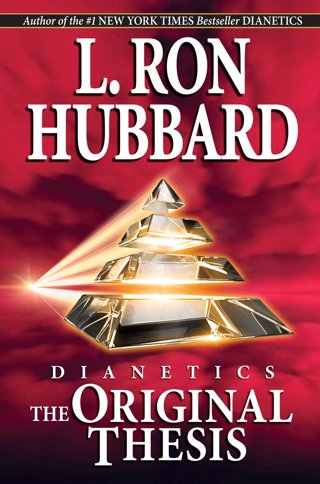7 Easy Facts About Dianetics Described
7 Easy Facts About Dianetics Described
Blog Article
Getting The Dianetics To Work
Table of ContentsDianetics Things To Know Before You Get ThisThe Best Strategy To Use For DianeticsDianetics Things To Know Before You BuyOur Dianetics Ideas
I could not ever before not intend to receive anything that comes to mind for you- if it was otherwise, I wouldn't be resting right here with you, doing this. I not only could never ever have a trouble, or not intend to listen to something that comes to mind for you, but I'm totally eager to understand every idea, every idea, every picture or feeling that emerges or shows up for you- don't ever assume or else, and if somehow you do, please just allow me understand! Often, you might have a thought, and photo, idea or incident pop up that does not appear to respond to the question, or associate to it, yet however, constantly do tell me about it, and as we proceed, the significance will certainly emerge for you.This is fundamental in the basis of processing, and the topic of this discussion: the fundamental roles of the therapist and the client: The standard role of the therapist is, contrary to "standard training", not to control, which indicates to enforce and/or prevent, but to rather work from the basis of EMPOWERING THE CUSTOMER.

Some Known Details About Dianetics
John Mcmasters revealed this fundamental fact wonderfully well in one of his talks on Power processing, in which he clarifies how he was asked what this "unique flair" was that he had for providing such fantastic sessions; he had to think of that for a minute, and detected that it was what he had not been doing, as well as what he was doing: he wasn't reviewing, evaluating, computing, or as a matter of fact, creating any kind of thoughts, allow alone verbal expressions, after giving the command and while waiting on the computer to finish their response to their fulfillment; he was, simply and just, being present with the computer, and completely interested.
The role of the therapist, showed; that was his "special flair". I have actually had my very own experience which instructed me this well, extremely early in the game. In 1982, having actually lately completed my training and teaching fellowship on New Period Dianetics, check it out I was running this on a PC, and there was a point in the session where (being a bit wet behind the ears not yet having numerous hours under my belt as a specialist auditor) the PC appeared to be "taking too lengthy" to express anything vocally after I gave him a command.
This secret ended up being one of the most valuable payment that John ever before made to the topic of treatment or auditing (Dianetics). In my humble viewpoint, it is the best payment that any person has actually ever before made to these subjectsthe application is completely non-judgemental, non-evaluative, and without any idea, guidance or opinion.no preconceived agenda for individuals, or 'degrees' that they should do
In Scientology we prided ourselves on not assessing for individuals. All that truly meant was that the auditor did not Vocally evaluate for the Computer in session.
The smart Trick of Dianetics That Nobody is Discussing

Anybody that had actually ever before seen John audit can not assist yet discover a special high quality in his bookkeeping."The client's fundamental duty is to be there with the purpose of relocating the direction of their spiritual goals, and to openly and fully express and experience whatever manifests for them in responding to the inquiries and performing the guidelines in more helpful hints the processing.
This is something to procedure as required. Likewise, individuals regularly have previous experience and/or indoctrination in auditing/processing which, in some ways, and to some degrees, actually misdirects them right into attitudes, ideas and behavior patterns that stop the full awareness of these functions, and so they will certainly often tend to prevent the expressing of what comes to mind, as in the instances offered over - Dianetics. * The initial, and probably primary instances of mis-indoctrination leading to less than completely smooth and effective sessions, can be discovered in particular facets of the training regimens, or "TR's":"TR's" are often a person's initial, or at the very least early, experience in Scientology, and while I will certainly take place to clarify what I view as the problems in concept and technique, nevertheless, tend to be significantly therapeutic, done as they are offered (Hubbard insists that "TR's are not refining, they are educating", however factually, they are both processing AND training)
There is no "failing", and no denial of the reality of this being processing. The emphasis, as it needs to be, is on experiencing the various other person's visibility.
Some Known Facts About Dianetics.

Report this page